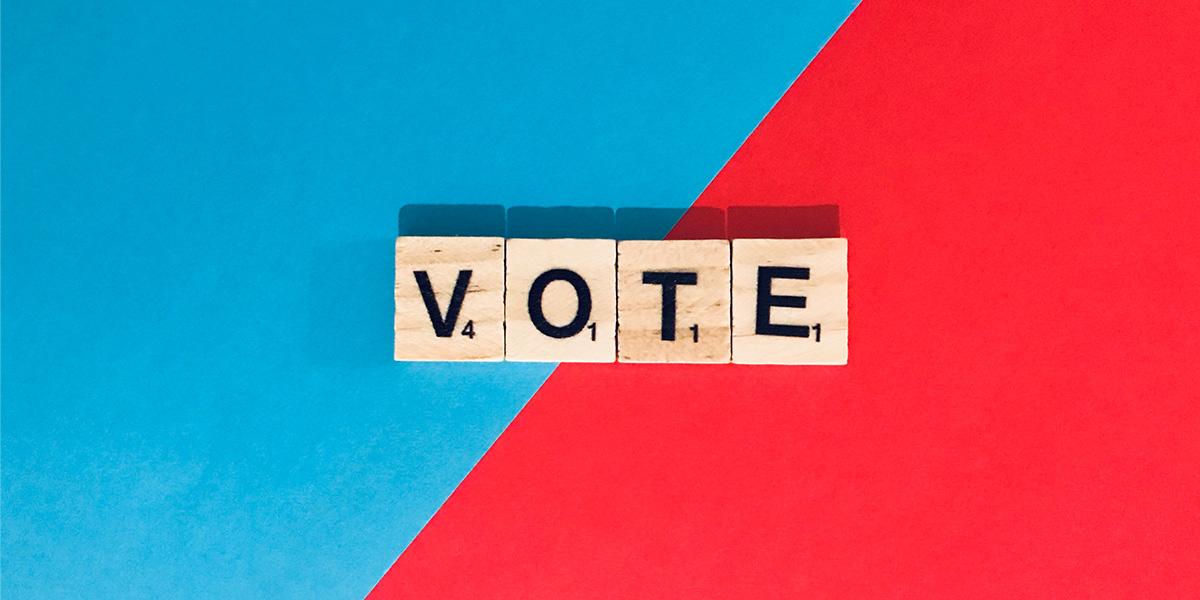First-time voters are particularly vulnerable to the impact of misinformation and fake news during election periods. Misinformation can take various forms, such as false election information, misleading polls, fake news stories, and disinformation about candidates. These types of misinformation can significantly impact first-time voters' attitudes, beliefs, and voting behavior, as they may not have the necessary experience or knowledge to distinguish between accurate and inaccurate information.
Studies have shown that fake news and misinformation can influence voters' news judgment and voting decisions. For example, a study conducted in Taiwan during the 2018 local elections found that more than 50% of voters cast their votes without knowing the correct news during the campaign period. Another study conducted in Italy during the 2018 elections found that fake news had a significant impact on votes for populist parties. Additionally, a study conducted in the United States found that fake news influences people's attitudes, beliefs, and behavior, and can impact their actual voting behavior.
To combat the spread of misinformation and protect first-time voters from its negative effects, it is crucial to implement effective strategies. These strategies can include education and awareness, fact-checking, regulation and enforcement, and collaboration and partnerships.
Education and awareness programs can help first-time voters identify and verify the accuracy of information they receive, as well as raise awareness about the potential consequences of misinformation. Fact-checking mechanisms can be established to verify the accuracy of information before it is disseminated, particularly during election periods. Regulation and enforcement mechanisms can hold those responsible for spreading misinformation accountable, and ensure that platforms and intermediaries take appropriate action to remove misinformation. Collaboration and partnerships between government agencies, civil society organizations, and technology companies can develop and implement strategies to combat misinformation.
By implementing these strategies, we can help protect first-time voters from the negative impacts of misinformation and ensure that they make informed decisions when participating in elections. It is important to promote digital literacy, fact-checking, and responsible information sharing to safeguard the integrity of the electoral process and promote informed decision-making.
In conclusion, the impact of misinformation on first-time voters can be significant, and it is crucial to implement effective strategies to combat its spread. By promoting digital literacy, fact-checking, and responsible information sharing, we can help protect first-time voters from the negative impacts of misinformation and ensure that they make informed decisions when participating in elections.

